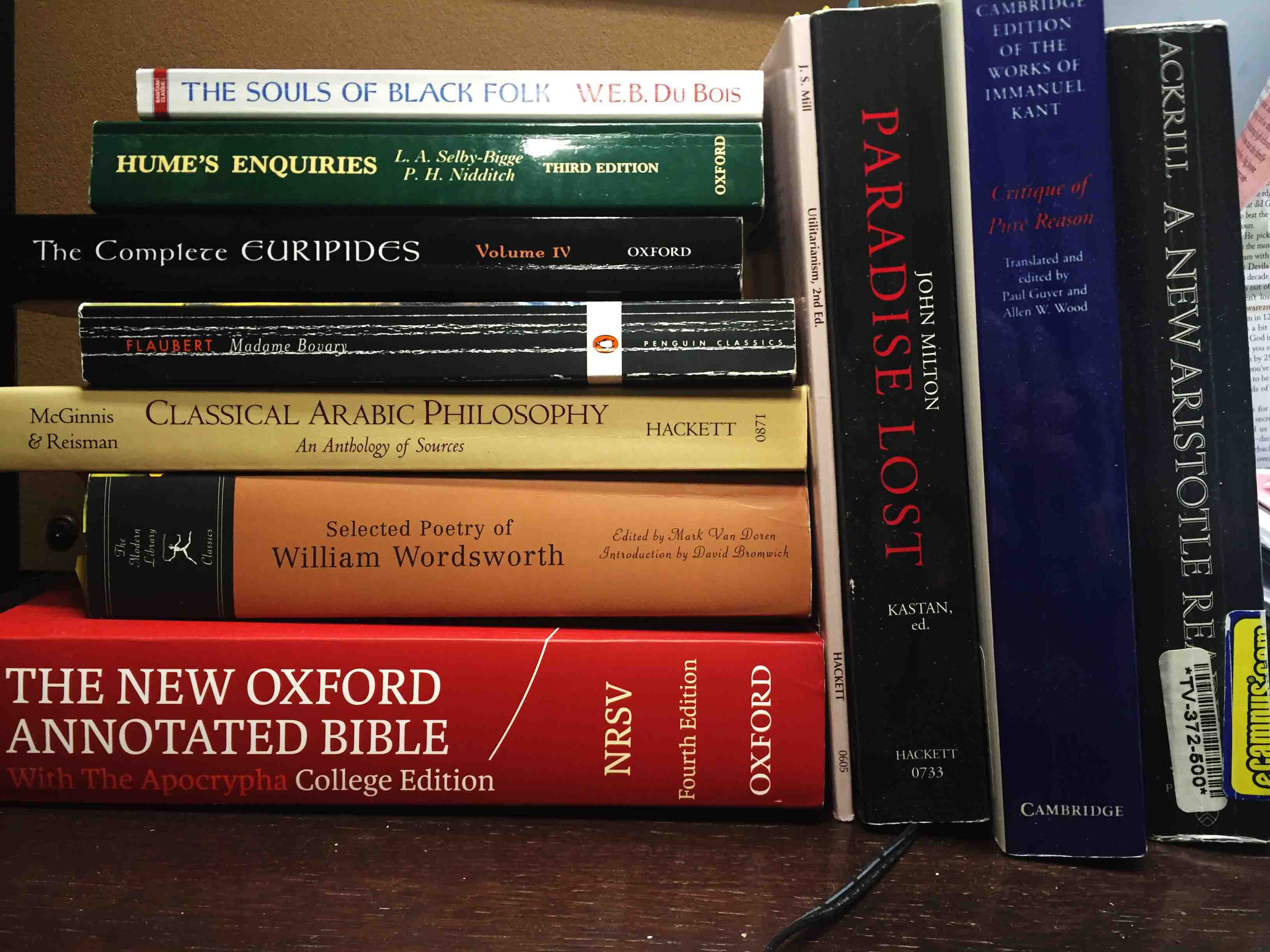
Known for its Western focus, Directed Studies may soon incorporate texts from the East Asian canon.
Faculty from the Humanities and East Asian Studies programs have been discussing the possibility of piloting a one-year program in which students would read East Asian literature alongside the texts currently required of Directed Studies. Paul North, director of undergraduate studies of Germanic Languages & Literatures, and Tina Lu, professor of East Asian Languages & Literatures, have begun to work with various faculty members in an effort to diversity the DS curriculum. Both the proposal and details for the pilot program are currently in their preliminary stages.
“DS was originally launched 70 years ago as an experiment,” Lu said. “Yale has changed a lot since then, the Yale student body has changed since then, and I think that both Yale and the students have a great desire to be looking at the world in many different ways. We have been talking about a pilot program for one year, so we’re not talking about overhauling DS by any means.”
North and Lu also hope to organize a retreat for faculty members in the fall to discuss potential changes within the DS and Humanities programs.
Directed Studies Director of Undergraduate Studies Kathryn Slanski did not respond to requests for comment.
Stephen Darwall, professor of philosophy who teaches in DS, noted the difficulties of adding East Asian texts to a program that has a successfully established structure. Darwall said that although there are strong arguments for adding diversity to the strictly Western curriculum, faculty should still retain a coherent program that is “recognizably Directed Studies.”
Anthony Kronman GRD ’72 LAW ’75, a former dean of the Law School who teaches DS, also expressed concerns about coherence, arguing that the core of Western thought in DS gives students the opportunity to study a collection of books that constitute the backbone of Western civilization. He added that to make DS representative of all cultures and traditions is driven by “well-intended” but “misapplied” ethical and political concerns.
“Mixing and matching loses the sense of connectedness that gives the Western tradition its integrity, and by integrity I mean not superiority but the interconnectedness of the works,” Kronman said.
Kronman added that DS is already “jam-packed” with readings, and that any faculty member proposing an addition to the reading list must also explain why another item should be removed.
Robert Crystal ’20, a current DS student, said the addition of East Asian literature would signal a significant change in DS’s devotion to Western literature.
On the other hand, Thomas Miller, a postdoctoral fellow in the Humanities who teaches DS, said adding East Asian and unconventional texts would not make DS depart from its core mission.
“I don’t think the ‘Western-ness’ of Directed Studies is the most important thing about it,” Miller said. “The community, the intensity, putting different texts in conversation with one another and reading ancient texts that are not immediately relevant today are really important, but whether those texts come from India or China is somewhat secondary.”
The Directed Studies program currently caps its enrollment at 126 students.







